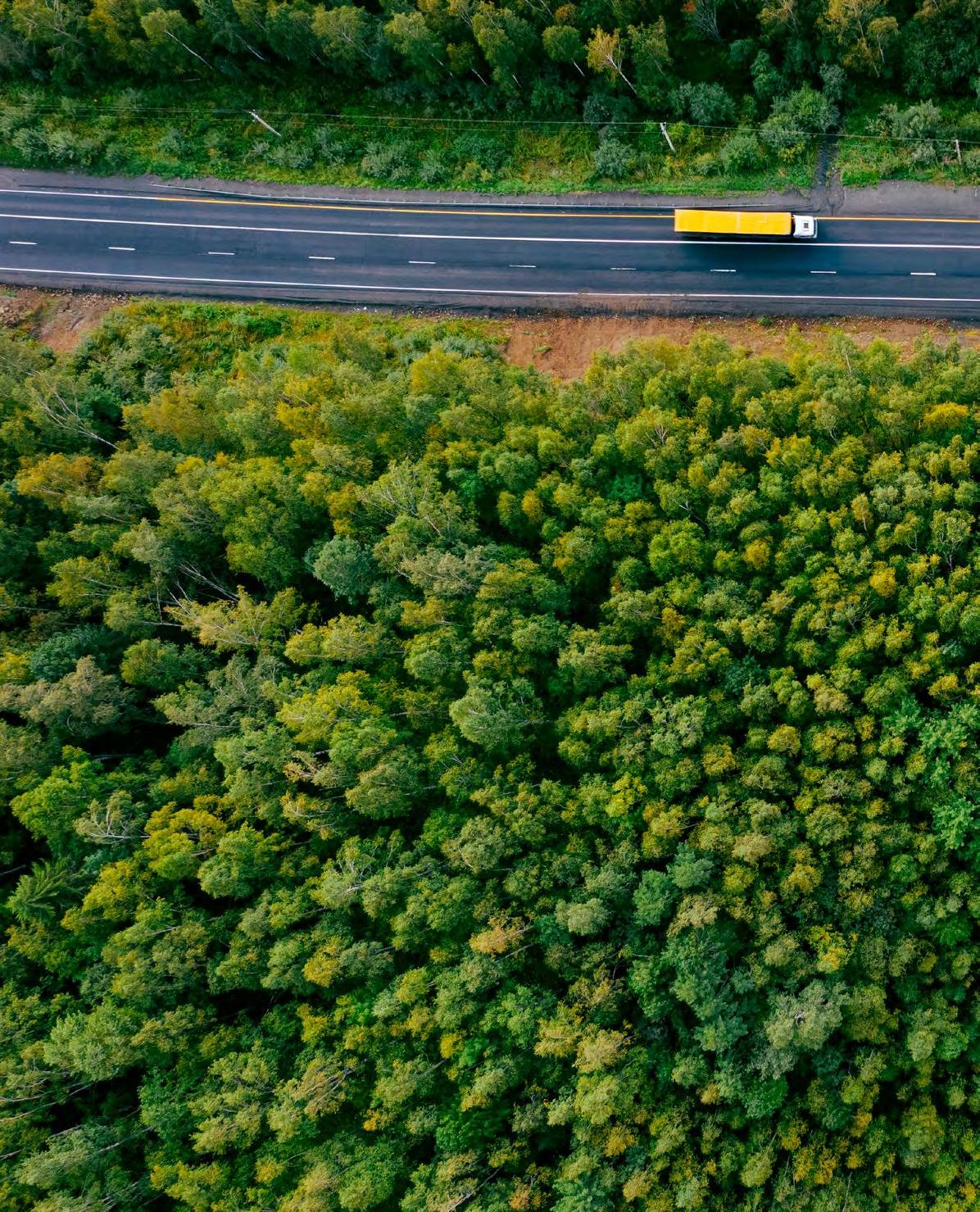
4 minute read
impact business confidence
from IQ99
by IQ Magazine
On the back of the popular PULSE sessions that took place at ILMC, Mike Malak, who in addition to being a senior agent at Paradigm runs his own label and publishing operations, casts an eye over the technology impacting the music industry.
As the world begins to open up at a steady (or not so steady) pace, the questions around technology and how it will impact the live business when we are back in full swing remains.
That being said, the reason we are starting this monthly column is to keep you all informed and up to date as to the changes around technology that may very well become part and parcel of the live industry.
Change is real and although there may be some fatigue around live-streams, which dominated much of 2020, it is vital to remember that this technology in itself will become part of how we structure deals and open up new revenue streams for our artists. We must learn, adapt and look to the future.
Nobody wants to be the next dinosaur.
Never before has it been so vital for an industry to get in the middle of this new opportunity – and indeed view it as an opportunity and not a hindrance. Agents and promoters worldwide have a chance to be part of something new, or face losing out.
On a personal level, I see us being at a crossroad and view the impact of technology in the live music industry as a way for us to better ourselves and our business.
The pandemic has been devastating to this sector, to put it lightly, and therefore technology, from live-streams to the new excitement around NFT’s, gives us a chance to create new paradigms that I believe can help us give the live industry a cushion should such an event happen again.
This is why I feel so strongly and passionately about it all – we must protect and improve our ecosystem.
In order to make change, we need to do something that is unheard of in the music industry – work together, putting our individual egos to the side and focusing on how we can create these new models and put live front and centre in artist planning.
This column will look into specific market news on a monthly basis and analyse the impact it will have on our business whilst looking at both the pros and cons around each scenario and aim to problem solve.
Live-stream is probably not the word on everyone’s lips right now, but I am glad they are present. Not only have they been an opportunity for artists to have a creative output, but more importantly, as a whole, we have started to shift the conversation forwards when it comes to the public paying for artist content.
There should be no shame in artists charging for content that they put time and effort into in the future, as there is no issue in sports and other sectors that charge for content. Therefore, with that in mind, the excitement will be working out how we can incorporate an element of live-streaming into our artist touring in the near future. The live industry has been working on a largely copy/paste model for the last few decades, with artists touring Europe and hitting the “key cities” – but who said this was effective? What if your fans are spread out across a country? How do you reach everyone whilst also building your artists fanbase bigger and truly engaging fans? Geo-locking could be that way forward.
Imagine putting on a tour and playing your shows in the usual cities where you expect most traffic and sales but giving fans located in the nearby regions an opportunity to tune in to that show with their friends and family at home at a discounted rate and also allowing them to engage with the artist in some manner, whether through a pre-show element in the dressing room, Q&A sessions or chat rooms with other fans.
This opens the door to valuable revenue for artists of all levels through live-stream ticketing income, exclusive merchandise income, tipping, brand deals, virtual meet and greets and more.
My concern is, that in conversations I sense people feel this would only apply to artists of a certain level, however, I strongly believe that this model will be key for new bands starting out, and those coming from territories such as North America and Australia into Europe for the first time.
As we all know, the pandemic means that most likely touring in the future will become more costly and thus any extra income your act can generate through a few t-shirt sales, livestream access and so on will be valuable to their bottom line. It is our duty as those that defend artist careers to look at how we can both engage their audiences and increase the revenue streams.








